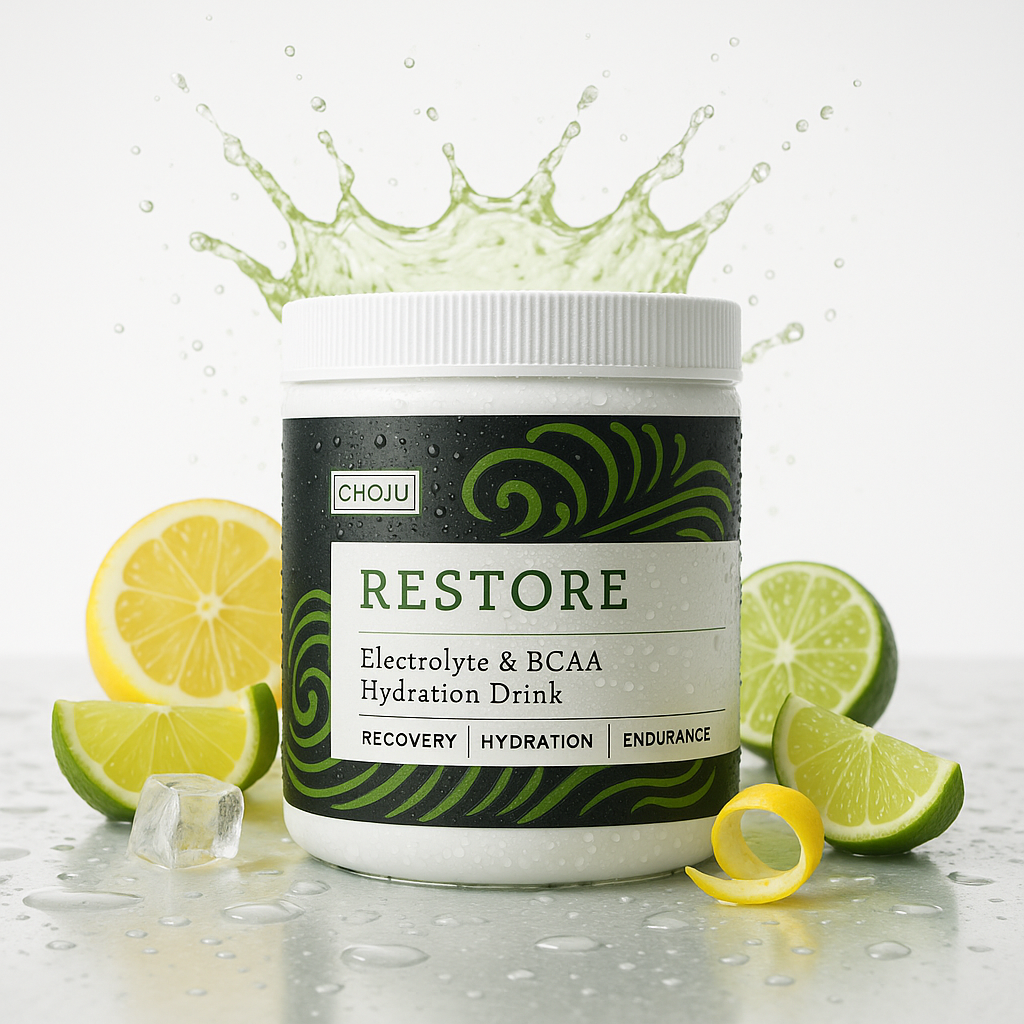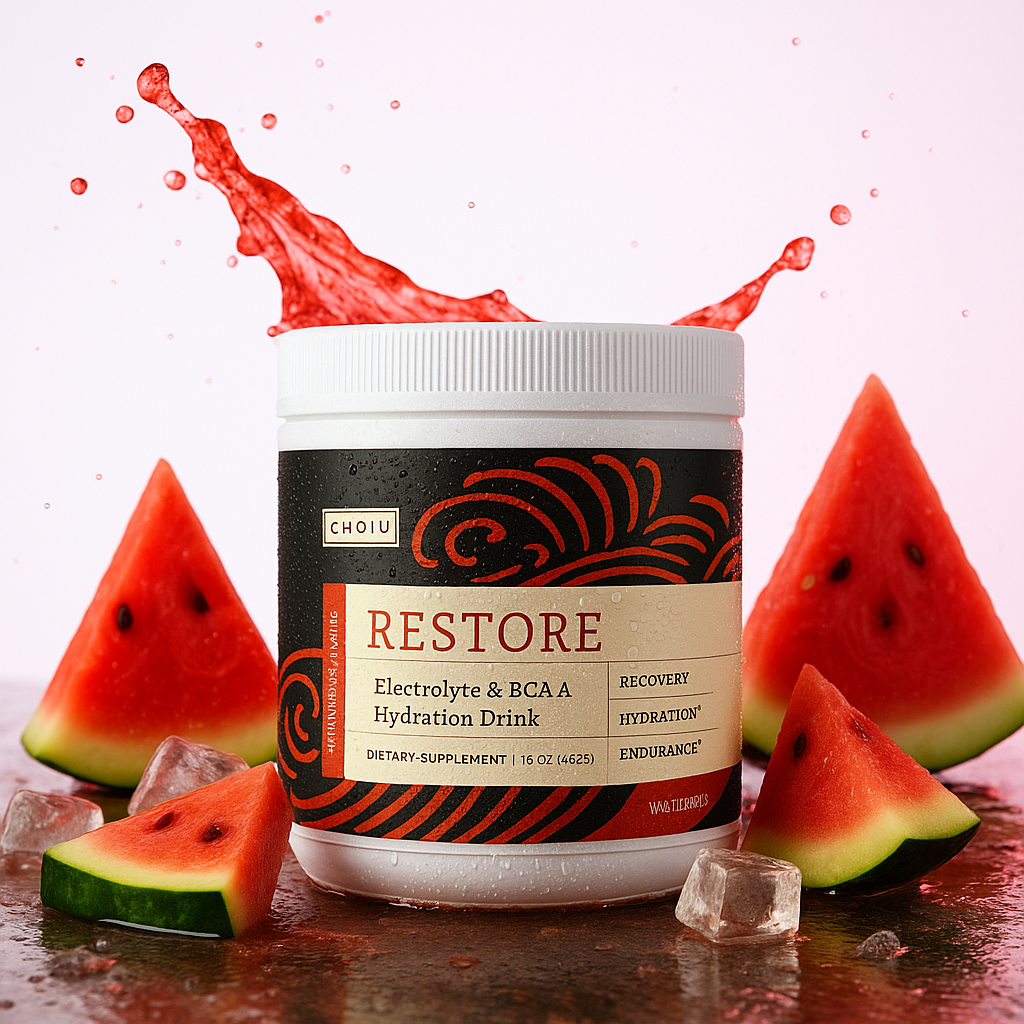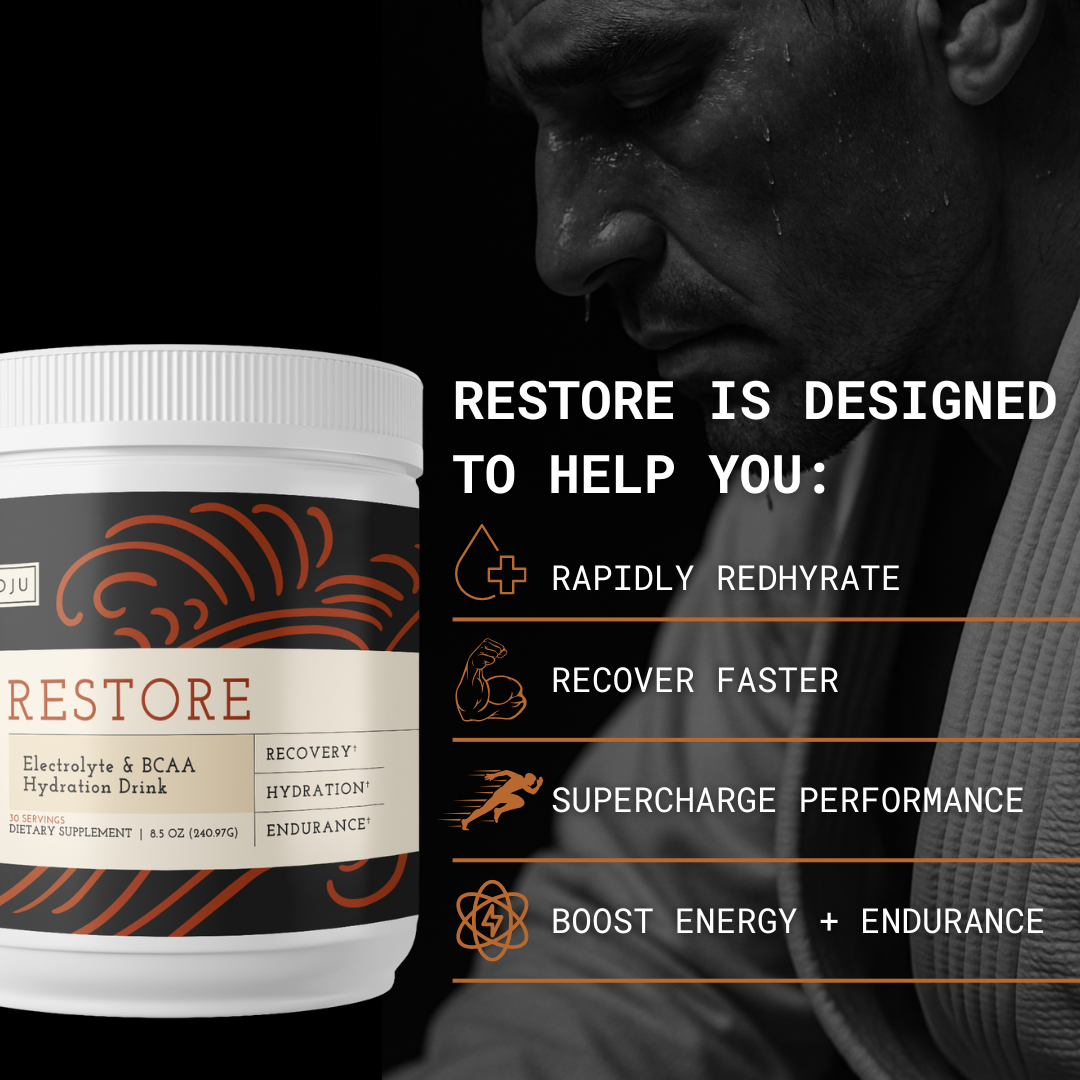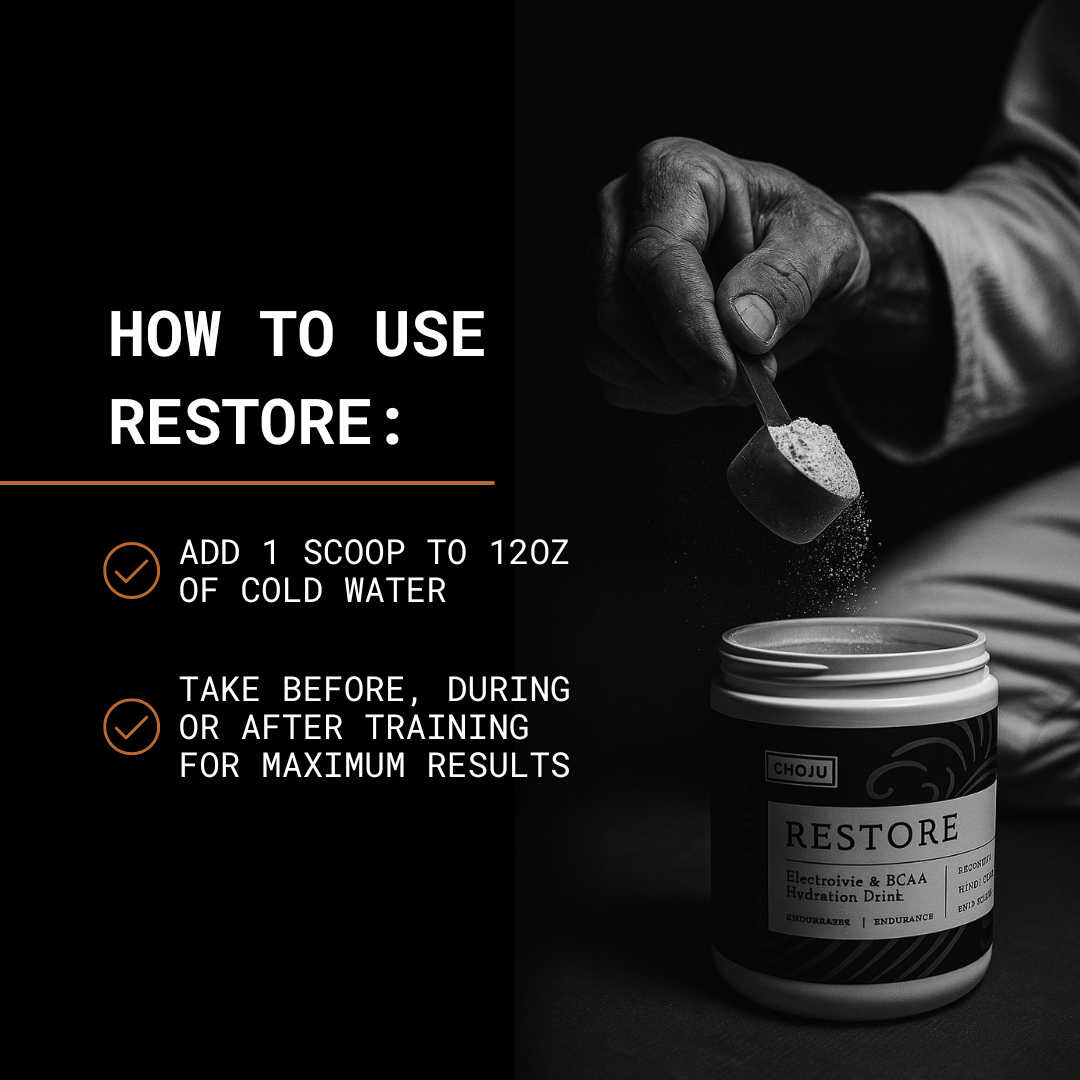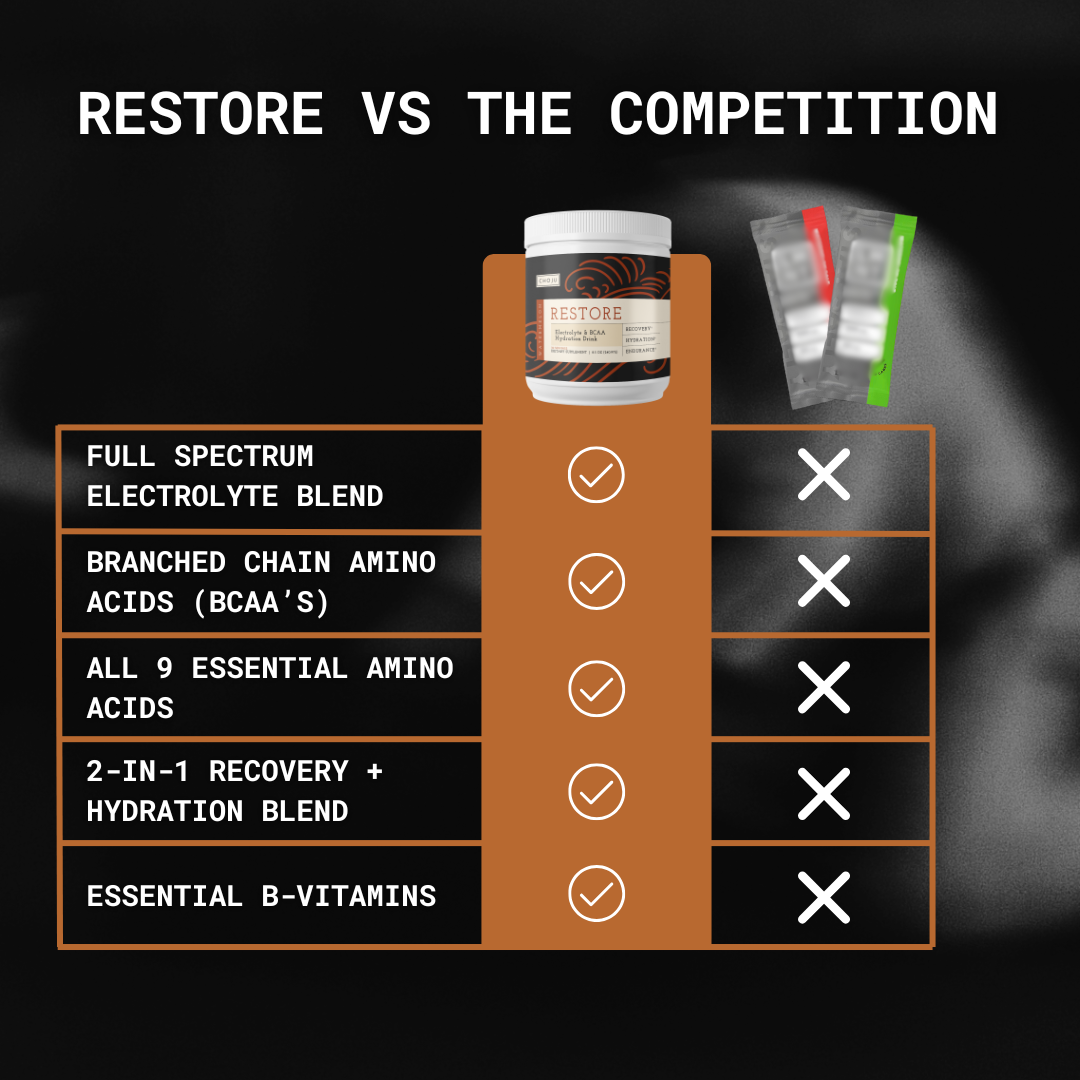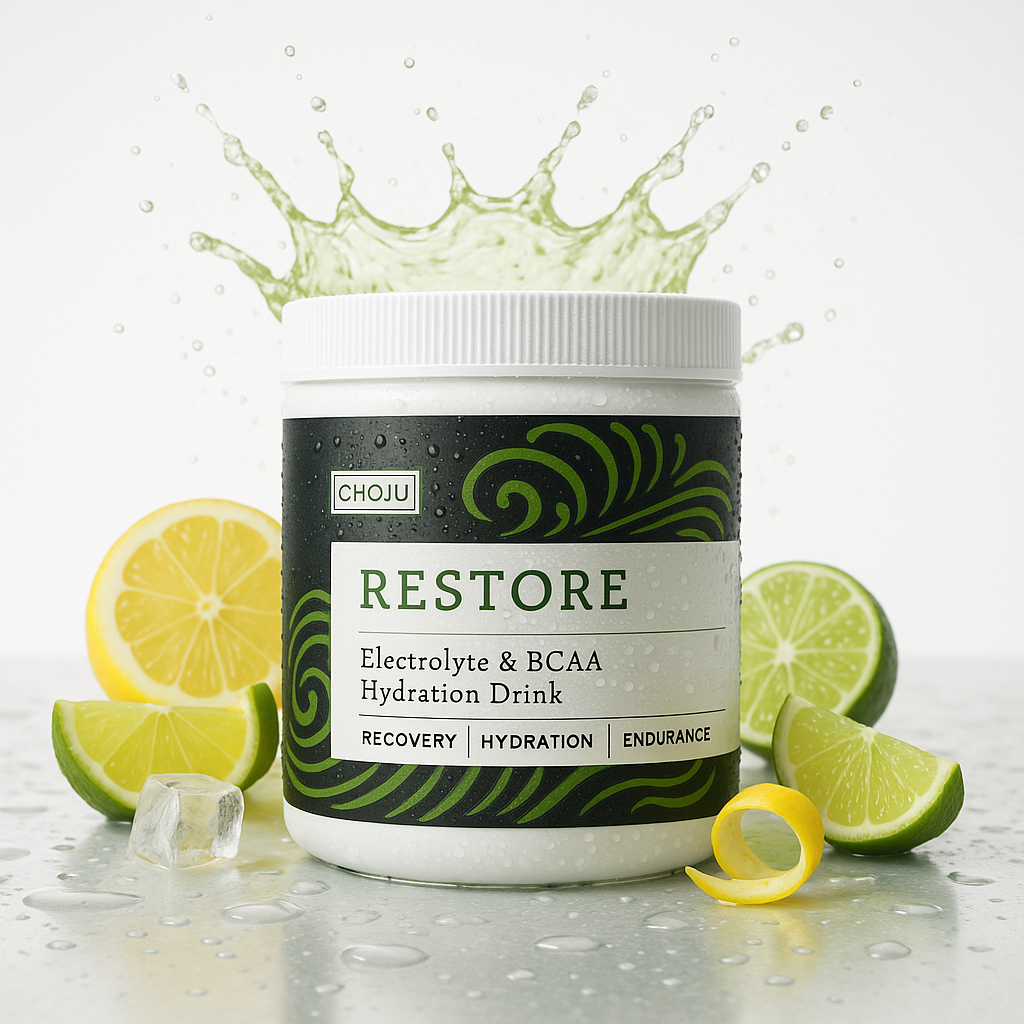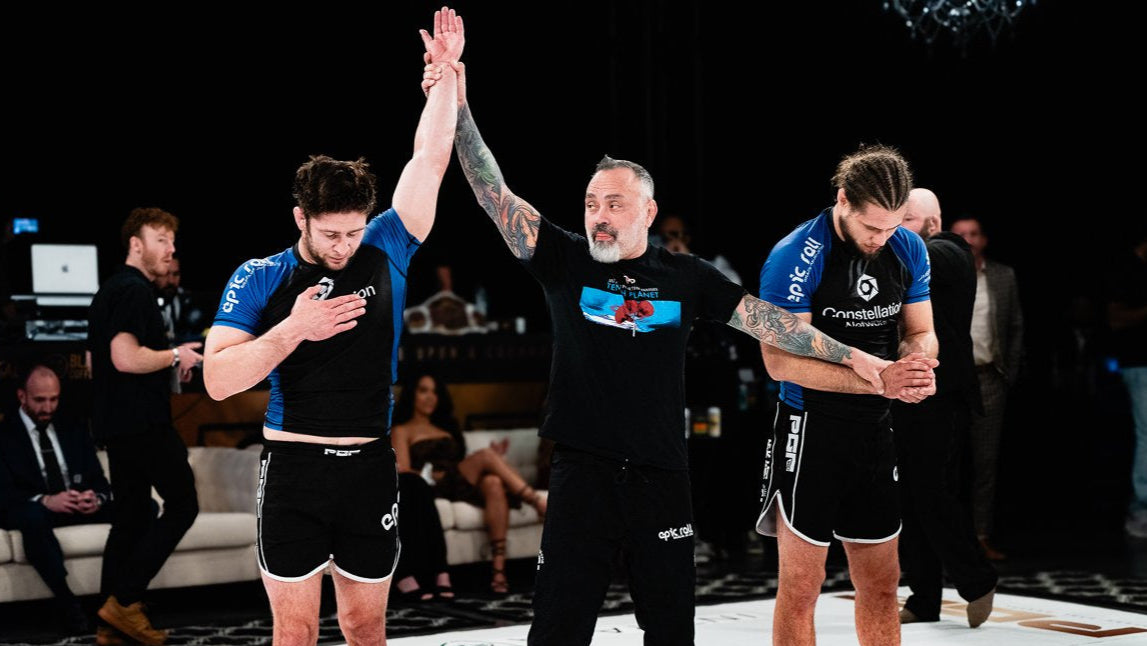
5 Habits That Will 10X Your BJJ

Chris Wojcik is a writer and first-degree black belt in Brazilian Jiu-Jitsu under Jeff Serafin. As a Jiu-Jitsu athlete, Chris has competed in some of the biggest events in the world, such as ADCC, EBI, and PGF. Chris also writes a weekly blog called The Grappler's Diary on Substack.
When I was coming up in Jiu-Jitsu and had decided to become a full-time grappler, I had this image in my mind of how I would achieve greatness.
Like a hopeless romantic, I thought that my love for Jiu-Jitsu would carry me far, and that pouring my soul into every session would not slowly break my body.
It took a couple of years and more than a couple of injuries to realize that passion wasn’t enough.
Progress in the eyes of the “gentle art” of Jiu-Jitsu doesn’t come down to who wants it more; it comes down to who builds the right habits and builds on them day after day.
Jiu-Jitsu is hard, but the right habits can make it easier.
Here are 5 habits that will 10X your BJJ progress.
1.Set Intentional Goals
Because we all must balance the desire to perform high-level Jiu-Jitsu with other things in our lives, you need to show up to training with a plan.
If you’re working on the skill of leg locking, do specific rounds from leg entanglements. Don’t just roll and hope that you get some leg locks. This is not how progress works.
One way to accelerate your improvement is to play “task-based games” from different entanglements or positions. This is a more intentional way to learn, rather than mindlessly drilling or rolling like it’s the World Championships.
Honestly, I only drill new techniques a handful of times before trying them in game rounds, which is the bridge before trying them in actual live rounds.
You cannot improve what you do not set out to improve.
2.Compete Often
Another great habit that will improve your Jiu-Jitsu is to test yourself in competition.
I also recommend you test yourself in varying rulesets.
ADCC, IBJJF, or Sub-Only are all different rulesets that force you to grow in different ways. If you’re an excellent wrestler, ADCC rules might be your favorite, but try sitting down. IBJJF is dominated by guard players; so force yourself to just stand up.
Mix it up.
Don’t let the fear of losing stop you from evolving and challenging yourself. The beauty of competing is that it forces you to take your training more seriously.
3.Strength Train
Jiu-Jitsu is a demanding sport that puts a lot of wear and tear on the body. At 25, I felt 45.
Today, I am 28, and I feel younger and stronger.
Training, drilling, and competing can and will take a toll on your body if you don’t build a foundation of strength. It’s not just about making you stronger; it’s about making you durable.
Stronger grips will make you tougher to deal with. A stronger core will make you more resistant to injury. Stronger legs will give you more explosive takedowns and dynamic passing.
You don’t need to train like a powerlifter, but you must implement strength training as part of your Jiu-Jitsu development.
4.Have a good coach and quality training partners
Having both a good coach and quality training partners is essential to accelerating your growth in Jiu-Jitsu.
Don’t define a good coach simply by their accolades, but by their ability to demonstrate and transfer technique that matters. The best coaches are intrinsically motivated by teaching, leading, keeping people focused on cumulative goals, and fostering a supportive environment.
This leads us to quality training partners. Quality training partners will prevent you from coasting and remaining stagnant. They will also keep you from getting injured. Sure, training with a less experienced grappler will probably boost your ego for a bit.
But if you’re the best in the room, you’re not maximizing your development. A good coach will be able to spot that.
Seek out people who bring the best out of you.
5. Train in “seasons”
To sustain progress and optimize your Jiu-Jitsu without burnout, you must be willing to train at a reasonable pace.
Structure your training to include phases of high intensity, followed by phases of rest and recovery. The best athletes train in seasons where there are times to push intensity and times to pull back and focus on recovery and skill development. Training in seasons also allows you to balance Jiu-Jitsu and your personal life.
If you’re always chasing “more,” you’ll eventually break down. But if you structure your training, you’ll get more out of your body, more out of your technique, and more years on the mat.
Closing Thoughts
At the end of the day, Jiu-Jitsu isn’t about who loves it most, because you won’t on some days.
There will be days when your body aches, your progress feels stuck, and the last thing you want to do is step on the mats and train.
Jiu-Jitsu is hard, and staying consistent when life gets in the way is even harder.
But the truth is that those struggles are what make the journey worth it. The challenge is the point. That’s why building the right habits matters.
- Setting Intentional Goals
- Compete Often
- Strength Train
- Have a Good Coach and Quality Training Partners
- Train in Seasons
These 5 habits will be crucial for your growth in Jiu-Jitsu, as they have been for me.
Brought To You By Choju - The #1 Supplement for Grapplers
Choju
Choju Restore
Share
